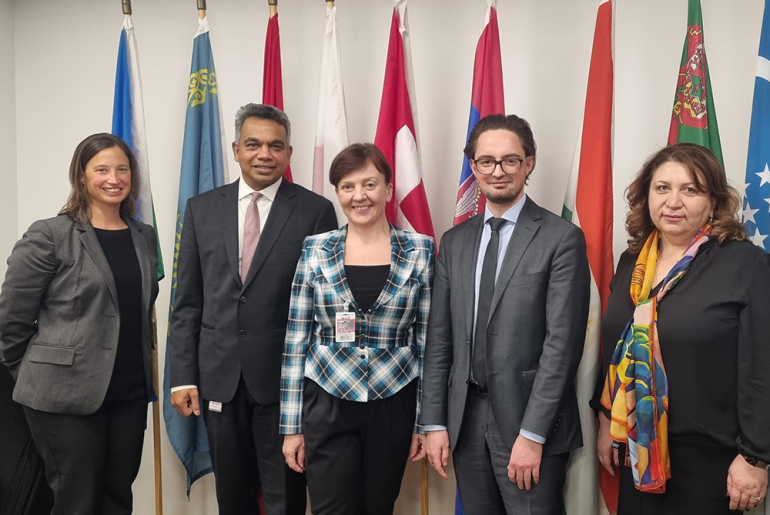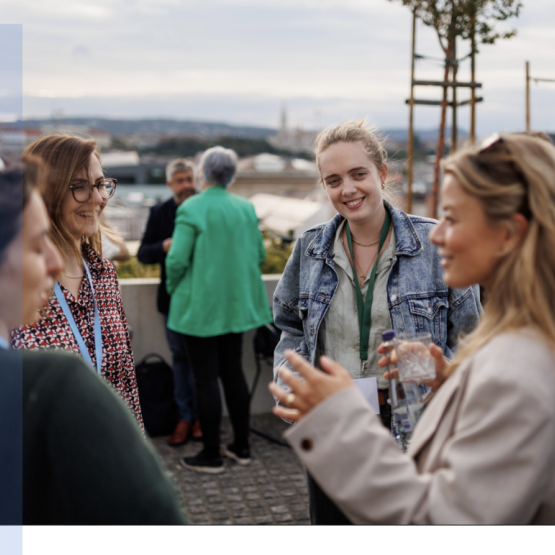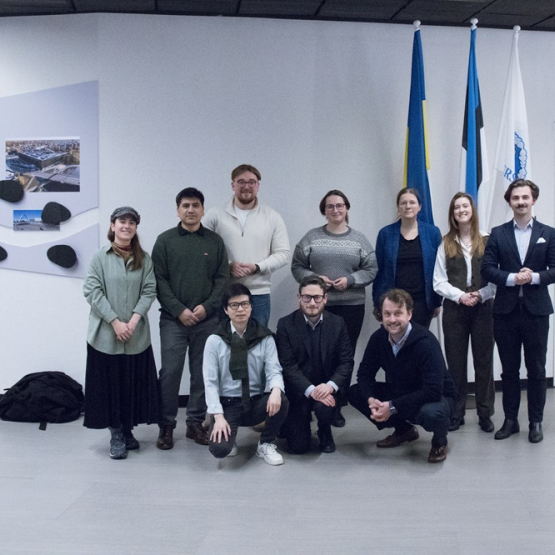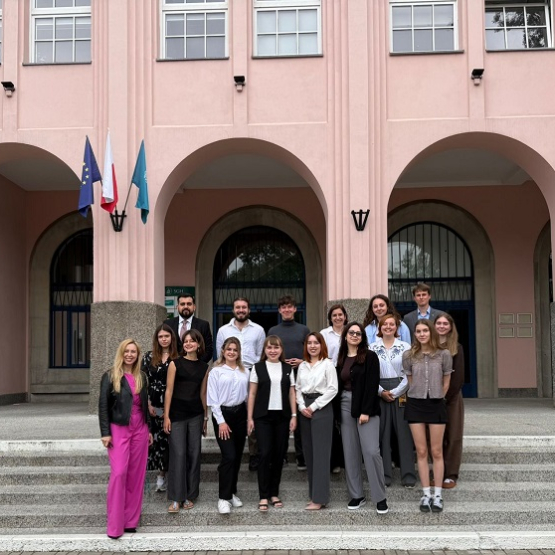
From 2 to 8 February 2025, the SGH Warsaw School of Economics faculty members—Prof. Anna Szelągowska (head of Department of Real Estate Market and Innovative City) and Dr. Tomasz Wiśniewski (head of the European Union Unit)—participated in a study visit to the World Bank headquarters in Washington, D.C. The visit was part of the ongoing “SGH_Expert_Network” project, aimed at strengthening the SGH internationalisation capacity through an expert network.
During the time spent at the World Bank, the SGH representatives held a series of meetings at various levels, gaining practical insights into the structure of the World Bank Group and its key areas of expertise. The primary goal of this first-hand experience was to facilitate collaboration between the SGH researchers, doctoral candidates and students and this prestigious and influential international institution.
RAISING AWARENESS OF THE SGH EXPERT POTENTIAL
As a result of the discussions, the World Bank staff gained a better understanding of the SGH expert potential, recognising its position as a leading economic university in Central and Eastern Europe. Given that the World Bank does not maintain standardised forms of long-term cooperation with academic faculty, the SGH experts interested in collaboration were advised to establish direct professional contacts with relevant World Bank employees (link) based on their area of expertise. In some cases, such direct engagements may lead to the participation in World Bank projects.
The experiences of other institutions suggest that creating the SGH expert database, mapping faculty members’ competencies, could improve the efficiency of establishing professional connections between SGH researchers and international institutions. Before initiating direct contacts, it is recommended to review the World Bank’s current project portfolio and publications.
OPPORTUNITIES FOR SGH STUDENTS, DOCTORAL STUDENTS AND GRADUATES
Discussions held by Prof. Szelągowska and Dr. Wiśniewski also addressed opportunities for SGH students and doctoral candidates to engage with the World Bank, as well as career prospects for SGH graduates within the institution. In addition to the internship programmes available to students and doctoral candidates that should be promoted at SGH, it was advised to promote the Young Professionals Programme (YPP)—the World Bank flagship initiative that offers a five-year employment contract with the possibility of extension. During such a programme, the Young Professionals work at the World Bank headquarters in Washington, D.C. as well as in its regional offices worldwide. The discussions also highlighted the World Bank’s commitment to a non-discriminatory employment policy based on diversity, equity, and inclusion.
ENERGY TRANSITION AND DECARBONISATION AS A CHALLENGE FOR THE MODERN GLOBAL ECONOMY
The SGH representatives also exchanged their research expertise with the Energy Transition and Decarbonisation team (Energy and Extractives Global Practice), focusing on energy transition challenges and related considerations for energy efficiency of enterprises and other agents within the economy as well as buildings. The discussions underscored a unique position of Poland—a country whose economy, due to its level of development, no longer falls within the World Bank’s primary focus and operations, while its ongoing and prospective projects related to energy transition remain a crucial challenge and still require support.
This visit enhanced SGH’s engagement in international cooperation, reinforcing its role as a key partner in shaping economic research and policy in the global arena.
Professor ANNA SZELĄGOWSKA, Head of Department of Real Estate Market and Innovative City, Collegium of Business Administration, SGH
Doctor TOMASZ WIŚNIEWSKI, Head of European Union Unit, Collegium of World Economy, SGH
In the picture: Defne Gencer, Chandrasekar Govindarajalu, Anna Szelągowska, Tomasz Wiśniewski, Tamara Babayan



